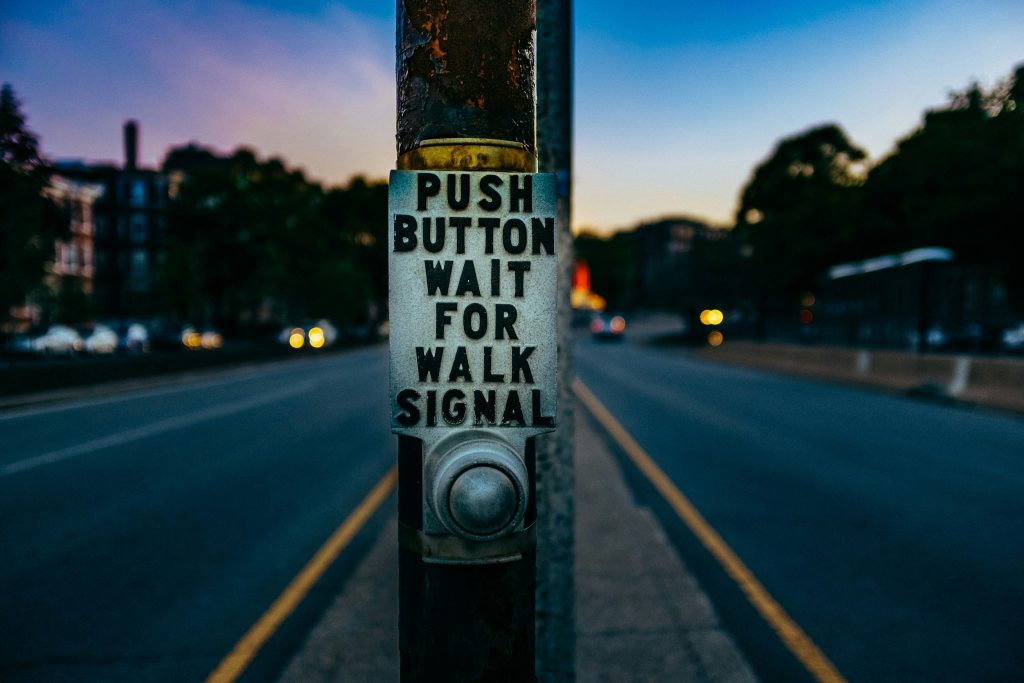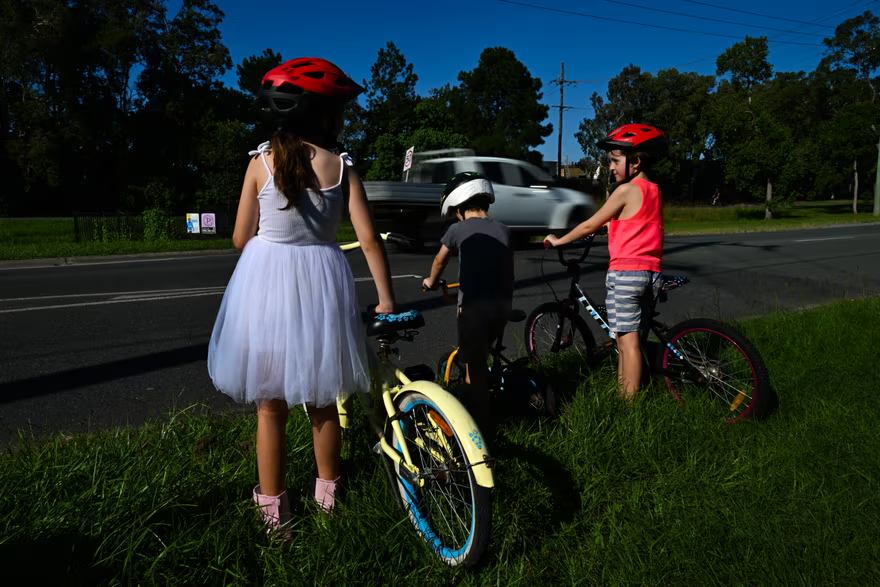In this People and Projects episode of the Streets and People podcast, Wendy welcomes Prof Ian Walker, a psychology expert specialising in traffic, transport and sustainable behaviour. The discussion centres around the concept of ‘motonormativity,’ a term coined by Ian alker to describe society’s ingrained bias prioritising motoring over other forms of transport which leads to overlooking the harms associated with driving. The conversation explores Ian Walker’s research, highlighting the social ecological framework that examines the influence of societal and cultural structures on individual behaviour towards motoring. Key topics include the challenges in shifting the societal mindset away from car dependency, recognising it as analogous to an addiction. The episode underscores the need for systemic change at policy levels to accommodate non-car travel more resiliently. Ian Walker advocates for more comprehensive transport options and challenges policymakers to rethink urban infrastructure that prioritises cars, thereby fostering healthier, sustainable travel choices. The episode concludes by urging the public to question the cultural norms perpetuating car dependency, and to advocate for changes that support diverse and inclusive transportation modes.
We chat about the original article on motonormativity: https://osf.io/preprints/psyarxiv/egnmj
We refer to a GCN video : https://youtu.be/-_4GZnGl55c


